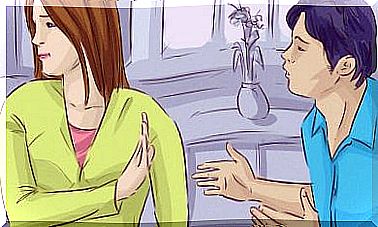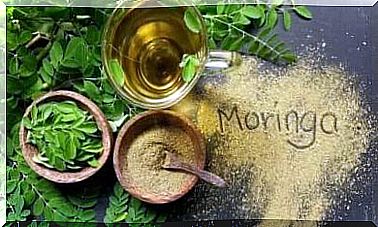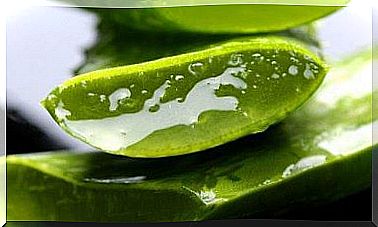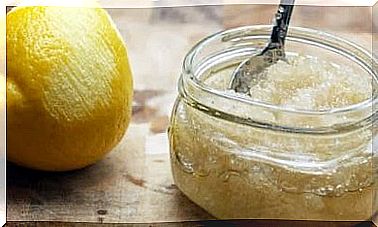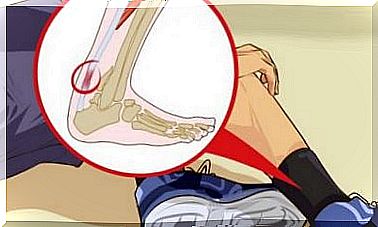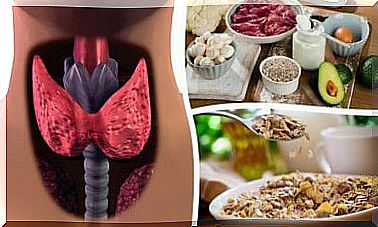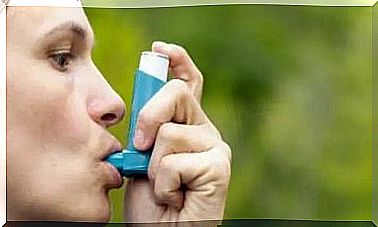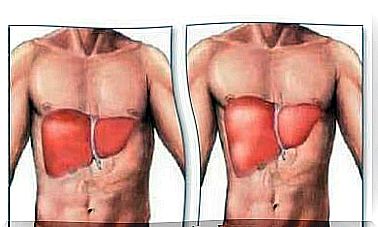Honey In Baby Food: Unsuspected Dangers
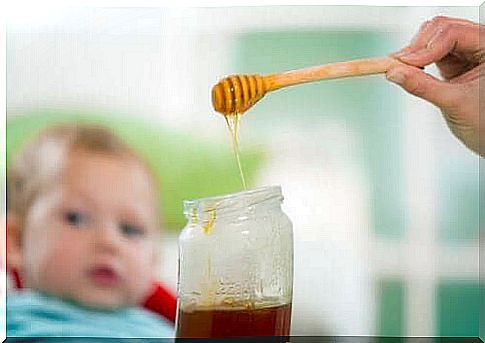
Is it true that honey has nothing to do with baby food? After all, in addition to its characteristic sweet taste, it is one of the most nutritious and healthy foods in the world. Weren’t our parents and grandparents used to soaking our pacifiers in a little honey to keep us happy?
Although honey offers significant benefits, scientific studies suggest that it is dangerous for babies to consume it. Nowadays, doctors advise us never to give honey to babies under one year old.
Botulism, which is why honey should not be included in baby food
People have been consuming honey for thousands of years. This natural and nutritious food offers famous benefits. From ancient Egypt to the present, honey has been used as an ingredient in various recipes due to its properties and ability to sweeten dishes.
But honey contains Colstridium botulinum , a bacterium that releases a neurotoxin that is very dangerous for babies under one year of age. The reason is simple: the intestinal microbiota of infants is immature, which favors the proliferation of spores of this bacterium. As a result, botulinum toxin is produced, one of the most lethal substances known at the moment.
If botulinum toxin enters a baby’s body, a disease called infantile botulism occurs, which mainly affects infants under one year of age and can cause death. But Clostridium botulinum does not have as much of an impact on babies as young as 12 months old. Their defenses are more developed and can prevent the proliferation of bacteria.
Honey, babies and botulism
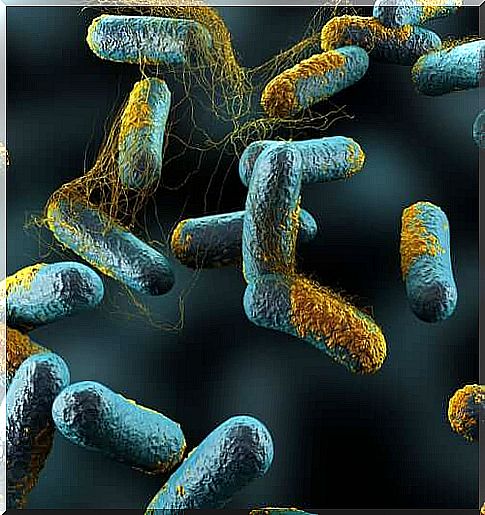
Clostridium botulinum is a bacillus naturally present in the soil. Therefore, it can infest both animal and plant foods. This bacterium organizes into spores and can remain inactive until it finds ideal conditions for multiplication and development.
Homemade preserves can be dangerous because Clostridium botulinum prefers oxygen-poor environments. Instead, it tends not to tolerate acidic or high-sugar ones. This is why the bacterium is inactive in honey, waiting for more favorable conditions for proliferation.
If a baby under one year of age consumes honey, the sugars in its composition are diluted in its gastric juices. Unfortunately, the baby’s stomach is not a very acidic and oxygen-poor environment. Therefore, the bacillus meets ideal conditions to multiply and produce botulinum toxin. It is carried by the blood to the neuromuscular terminals, triggering infant botulism – a very dangerous disease that requires immediate hospitalization.
Symptoms of childhood botulism
Infant botulism affects the nervous system, which can cause a wide variety of symptoms. These tend to appear 12-48 hours after the baby has come in contact with the bacteria.
The most common symptoms of childhood botulism are:
- Slow breathing and difficulty breathing
- Constipation
- Generalized weakness
- She cried weakly
- Lethargy
- A reduced reflex arc
- Double or blurred vision
- Drying of the oral cavity
- Fallen eyelids
- General lethargy
- Eaten too slow
- In extreme cases, paralysis of the torso, arms, legs or respiratory system
Diagnosis and treatment of childhood botulism
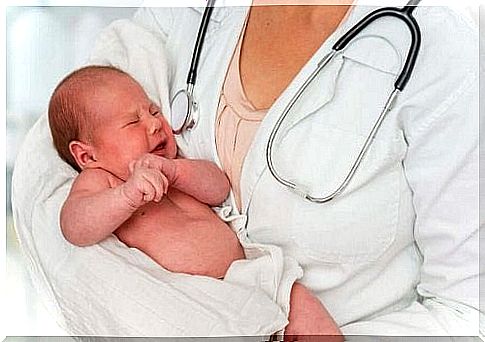
The pediatrician will consider the symptoms described by the parents to determine whether or not the baby has botulism. Most likely, the specialist will request a co-culture to check if botulinum toxin is present.
At the same time, we must emphasize again that childhood botulism requires immediate hospitalization. Research has shown that this disease affects the nervous system and can cause respiratory failure. Therefore, the baby should be hospitalized and kept under constant supervision.
The success rate of treatment depends on how quickly the disease is diagnosed and the early administration of botulinum antitoxin. In the most severe cases, the baby may need mechanical ventilation or intravenous feeding.
Usually, infant botulism disappears after a few weeks or months, as long as the baby receives immediate care. Only in extreme cases can death occur due to respiratory failure.
Is honey the only food that can cause infant botulism?
In addition to honey, there are other foods that can lead to childhood botulism. In fact, as mentioned earlier, the bacterium that underlies this disease is widespread in nature. It is not always easy to identify the source of spores.
Clostridium botulinum lives in the ground and is transported by dust circulating in the air. It is not excluded that the baby may come into contact with it by inhalation. For this reason, doctors recommend that we do not expose our children to dusty environments. In addition, it is a good idea to avoid places where you work with soil.
Being a serious health problem and difficult to treat, you must be vigilant and do not ignore the outbreaks of botulism nearby, which can cause contamination or even epidemics. To this end, the World Health Organization provides resources to ensure the safety of babies and to promote the surveillance, detection, risk assessment and control of diseases.
As you can see, although outbreaks of botulism are rare, they are public health emergencies. Local authorities must immediately determine whether these outbreaks occurred naturally, accidentally or intentionally. This is the only way to prevent new cases and treat people who are already ill.
Some useful tips
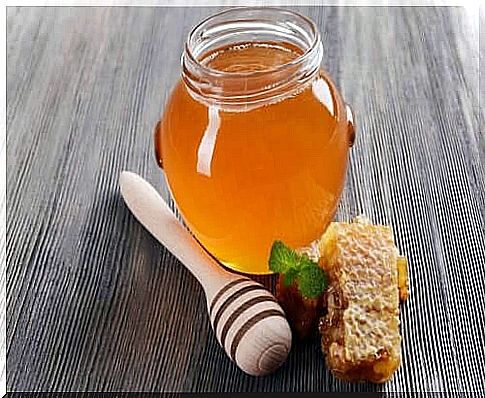
The main measure to prevent childhood botulism is not to include honey in the diet of babies under one year. Keep in mind, however, that this infection can be contracted by other means. Because there is no vaccine against the bacteria that causes it, prevention is essential.
Pediatricians recommend the following:
- Do not give honey to babies under 12 months.
- Costridium botulinum can also be present in corn syrup, which is why this food is not suitable for babies either.
- Avoid exposure to soil or dust, as they may be contaminated.
- Boil canned food at home at high temperatures.
- Maintain proper hygiene.
conclusions
Babies under one year of age should not eat honey because, despite its sweet taste and the incredible nutritional properties it offers, it can cause infant botulism. The immune system of infants is not sufficiently developed and cannot fight against the microorganisms that underlie this disease.
Keep in mind that honey is not the only food that can cause botulism. Follow the rules of hygiene and the recommendations of specialists to protect the health and safety of your child.
